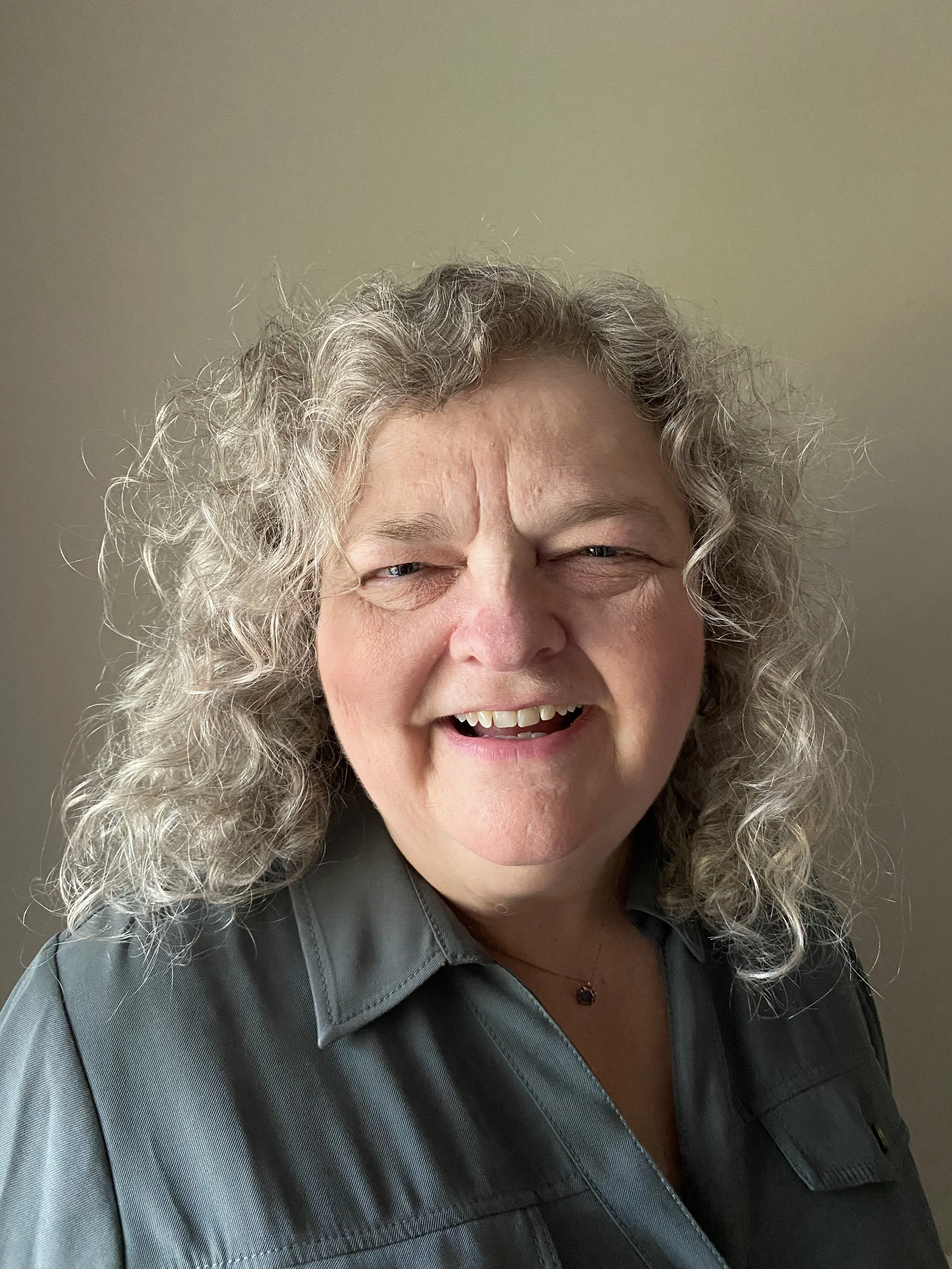Meet Our Team!
April Assenza (She/Her)
[Image description]: April smiles widely at the camera. She has brown hair that falls in cascades past her shoulders. She is wearing a dark grey turtleneck sweater. The background is blurred.
Hey, I’m April — a mental health consultant and passionate advocate committed to building inclusive spaces where mental wellness is prioritized and protected.
This work is deeply personal to me. As someone with lived experience, I understand how isolating it can be to navigate mental health challenges — especially in spaces where stigma still lingers. That’s why I’ve made it my mission to help organizations not just talk about mental health, but truly center it in how they work, lead, and support their people.
With over 15 years in the health and non-profit spaces, I’ve influenced and shaped the healthcare landscape, developed and led national programs, reimagined signature events with accessibility at their core, and collaborated with stakeholders across sectors to design strategies that promote well-being, connection, and impact.
My approach blends empathy with execution — ensuring that the people most impacted are always part of the solution.
Whether you’re here as a leader, community builder, or someone looking for inspiration and tools to do better — welcome. Let’s create something meaningful together.
Akriti Pandey (She/Her)
[Image description]: Akriti is a woman of colour with a ponytail wearing a white shirt. There is a lanyard hanging around her neck that reads “Sensity” and a silver necklace with a gem in the middle. She is wearing a pair of earrings and a pair of black eyeglasses. She smiles big at the camera.
Hey, I’m Akriti — a public health researcher and passionate advocate for accessibility, inclusion, and equity in systems that shape our lives.
My journey is rooted in curiosity and care. With a background in Health Sciences from the University of Waterloo and a Master of Public Health from Queen’s University, I’ve spent the past few years leading research that pushes the boundaries of how we think about disability, data, and justice.
From shaping strategic plans to exploring the future of Accessible and Explainable AI, I’ve led projects that bridge research and real-world impact. I bring both research and project management experience to the table — but what drives me most is the belief that evidence-informed decisions can (and should) center lived experience.
I’m here to help create systems that don’t just include people — but value and reflect them. If you care about building a world where equity is more than a buzzword, I’m with you.
Let’s imagine and build better, together.
Nancy Smith (She/Her)
[Image description]: Nancy has white and grey curly hair, and a white complexion. Her eyes look blueish-grey and she is smiling widely off camera. There are pink flowers with green bushes in the background.
Hey, I’m Nancy — a business coach, educator, and lifelong learner who’s passionate about supporting meaningful, intentional change.
For me, coaching is about more than goals — it’s about building trust, creating space for growth, and walking alongside people as they move through challenge toward transformation. I believe change becomes possible when we’re grounded in authentic relationships, honest communication, and a shared commitment to doing the hard work together.
Most of my work has been in the post-secondary world, where I’ve designed engaging and accessible learning experiences to create curricula that sparks leadership and real connection. I have examined and drawn attention to the significance of the interface of technology. All of this is work for which I have been recognized, but what I value most is seeing others step into their strengths.
As someone who was diagnosed with ADHD later in life, I know how hard it can be to face change — or even know where to begin. That’s why I bring a strengths-based lens to everything I do. Coaching has helped me navigate my own journey, and I’m honoured to support others on theirs.
Whether you’re feeling stuck, starting something new, or seeking clarity — welcome. Let’s explore what’s possible, together.
Claudia Sendanyoye (She/Her)
[Image description]: A black woman with brown curled hair, some of which goes past her shoulders and half pulled up into a ponytail with curtain bangs smiles softly at the camera. She is wearing a dark grey shirt. There is a wooden panel behind her.
Hey, I’m Claudia — an accessibility researcher, advocate, and passionate believer in co-creating anti-ableist and anti-sanist systems of care.
Grounded in disability justice and anti-oppressive practice, my work lives at the intersections of research, policy, education, and community. At IDEA-STEM, I help advance inclusive science initiatives that center the creativity, knowledge, and priorities of MMIND communities (Mad, perceived as/labeled as mentally ill, Neurodivergent, Disabled).
Before this, I worked for over three years as an analyst and advisor at the Canadian Institutes of Health Research (CIHR), where I had the opportunity to co-develop the organization’s first-ever anti-ableism action plan — work that deepened my commitment to systems change.
Beyond research, I serve as an advisor on the Provincial Table for Psychosis and Schizophrenia at Ontario Health’s Mental Health and Addictions Centre of Excellence and collaborate with the Centre for Addiction and Mental Health (CAMH) on projects making early psychosis care and educational programming more accessible.
Community care is at the heart of what I do: I also facilitate peer support groups through the Psychiatric Survivors of Ottawa and the Canadian Women of Colour Leadership Network, nurturing interdependence and collective resilience.
I hold a Bachelor of Health Sciences from Carleton University, with a concentration in chronic illness and disability, and stay connected to national and global conversations on accessibility and systems change as part of the National Black Disability Coalition, the CERC in Health Equity and Community Wellbeing’s IDEA Global Research Innovation Advisory Group, and the International Association of Accessibility Professionals.
At my core, I believe meaningful change is collective — and that real inclusion centers the voices of those most impacted.
Nusrat Mir (She/Her)
[Image description]: A Muslim Bangladeshi-Canadian woman of colour grins at the camera. She is wearing a blue hijab and a floral dress with a black cardigan. She is standing outside with a background of blurred green trees and a black fence.
Hi there, I’m Nusrat — a digital accessibility consultant, digital designer, artist, educator, community organizer, and an accessibility advocate. I bring my living experience, my enthusiasm, and my love for health, learning and creativity wherever I go.
Previously, I have been privileged to be a part of the Marketing team in various roles at Race and Disability Canada. Prior to that, I was the Accessibility Program Coordinator for the Equity and Inclusion Office at McMaster University, where I also served as a Peer Educator a few years ago. I’ve also really enjoyed my time supporting the Student Accessibility Services as the Disability Awareness Coordinator building campaigns and uplifting the stories of staff and students who identify with a disability across McMaster campus.
Supporting persons and organizations in co-creating accessible content and systems, whether digital or physical, or attitudinal, is my passion.
Looking forward to being a part of the journey in supporting you and figuring it out together, however that looks as we all keep moving forward!





